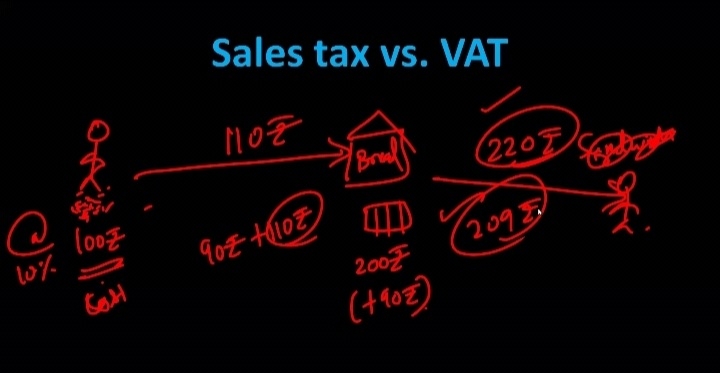Public Finance
2 authorities control the economic activities of our Country:
1) RBI (monetary policy)
2) Government of India ( Fiscal Policy)
Public Finance is the study of Fiscal Policy.
Public Finance:
1) It studies how the state raises and spends its resources.
2) Also known as fiscal economics
3) ' Fiscal' is derived from the Greek word basket.
4)Modern state is a Welfare State and not a police state.
Tax
Taxes are compulsory payments to the government without any expectation of direct return or benefit to the taxpayer. Tax is a way of income to the government.
Ex: Income Tax, GST
Non- Tax Revenues for the government
Fees, fines, PSU profits, Gifts, Grants and Aids, Escheats.
Adam Smith's Canon's of Taxation
1) Canon of Ability
Tax must be imposed in such a way that the, as well as the poor, poor must be able to pay the tax.
2)Canon of Certainty
There must be no uncertainty about the rate or time of payment of Tax.
3) Canon of Convenience
The method and timing of paying the tax must be convenient for the payers.
4) Canon of Convenience
The cost of collecting tax must be lesser than the Tax collected. ie Administrative Cost.
Principles of Taxation
Proportionate Tax
The rate of tax is the same for any size of Income.
Progressive Tax
If income increases, tax increases and vice versa.
Regressive Tax
If income increases then tax decreases and vice versa.
Degressive Tax
A combination of Progressive and Proportionate Tax.
India follows a pattern of progressive taxation up to an income of 15,00,000 and proportionate taxation above that income.
Laffer Curve
It says that when the rate of taxation increases beyond a certain value, revenue to the government decreases.
1) Upto T* people pay tax
2) Beyond T* tax evasion happens
Where T* is the maximum limit for tax.
Types of Taxes
Direct Tax
It has impact and incidence at the same place and the burden cannot be shifted.
It is imposed on a person's income or firm
Eg: Income tax, Corporate tax, wealth tax, Capital Gains tax, Security guarantee tax, Gift Tax.
Indirect Tax
Impact on one place and incidence on another place and the burden can be shifted.
It is imposed on Goods and Services.
Eg: GST, Excise duty, customs duty.
Sales Tax Vs Value-added Tax
Here the cost of value- addition alone is taxed.
Content Credits: Leo A. Vishnu Varthan





